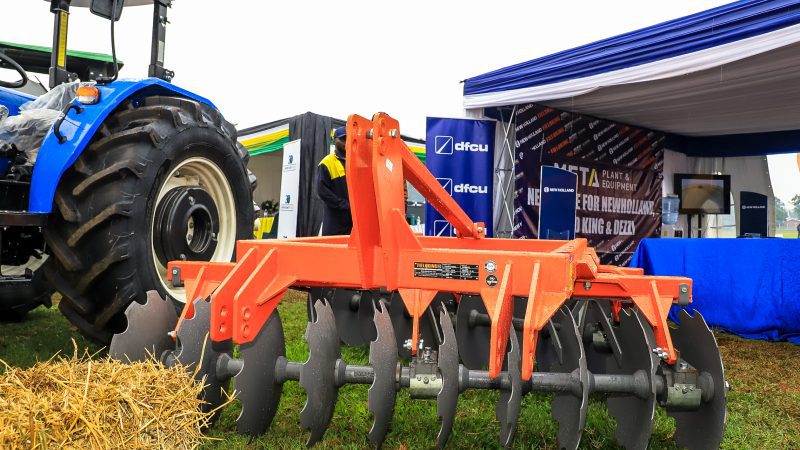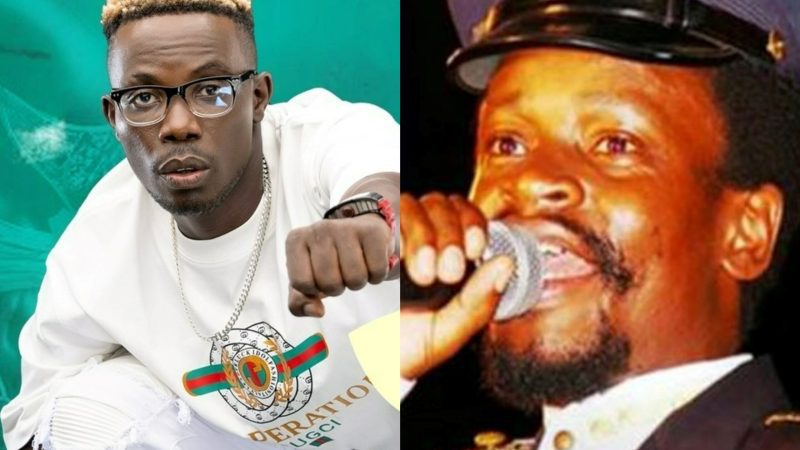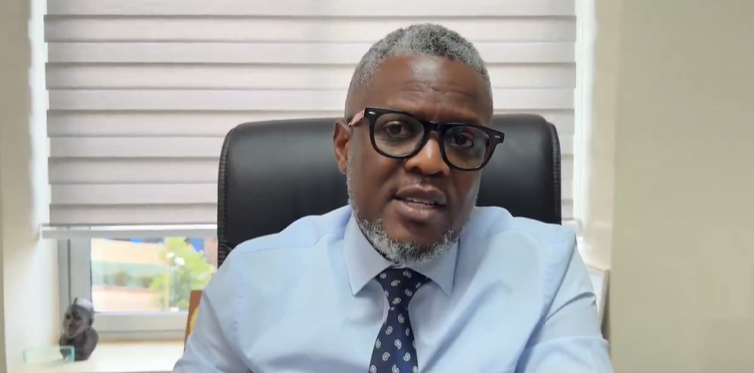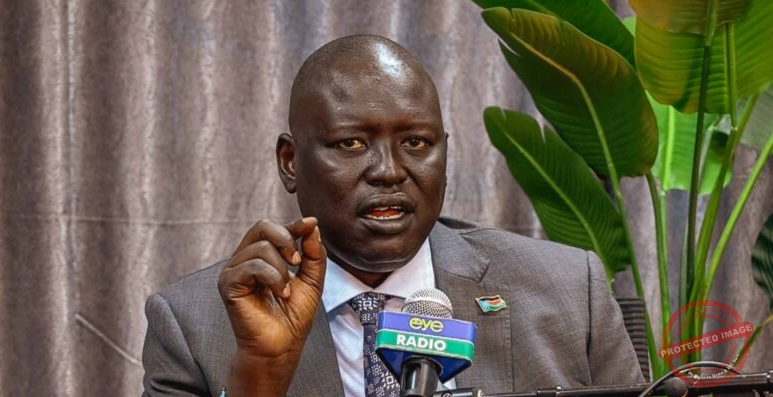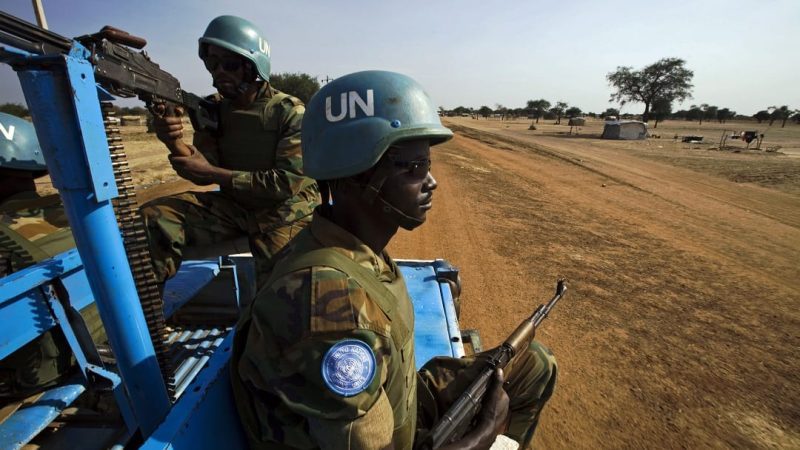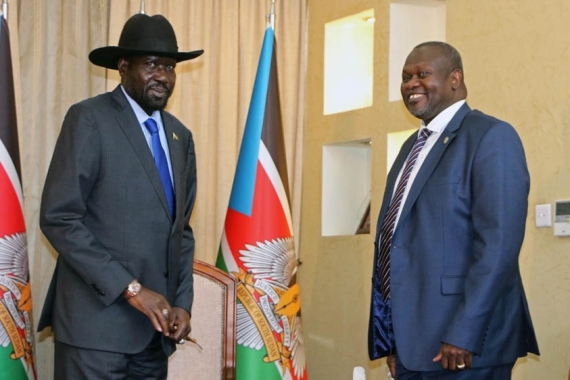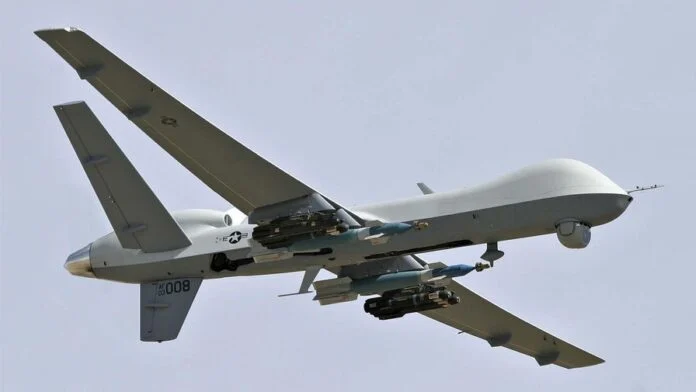South Sudan’s President Salva Kiir has rejected perpetual transitional arrangements, saying it has denied citizens opportunity to elect leaders of their choices since the country got independence in July 2011.
He made the remarks as the young nation celebrated Martyr’s Day on Sunday.
“As I mentioned in my address to the nation on the 12 anniversaries of our independence, we have reached a critical phase in the consolidation of peace in our country. There will be no return to war. The path forward for the country is elections in 2024”, said Kiir in a speech on the state-owned television (SSBC).
The South Sudanese leader questioned those doubting the conduct of next year’s general elections, saying plans are underway for free, fair and transparent polls.
“I know there are voices that question holding the elections. To those voices, I say for the good of our country, we must work to exit from the perpetual transitional government status. And elections are the only way out of this. This is why I am urging all the political forces in the country to focus on using the current period provided by the roadmap to give our citizens the power to choose their leaders democratically next year”, he explained.
Kiir, a former rebel commander-turned political leader, called on the country’s citizens to individually and collectively reflect on how to move the nation forward.
“To our citizens across the country, I call upon you to remember our martyrs while reflecting individually and collectively on how to move our country forward,” he stressed.
As Kiir’s ruling Sudan People’s Liberation Movement (SPLM) pushes for elections, opposition groups have expressed fears that a credible and fair election would not be held without a conducive environment and without a level playing field.
Also, while some members of the country’s opposition have cited a lack of adequate preparations, including a need to unify and develop forces to protect the integrity of the elections as detrimental, other critical issues that arise before elections are held include the need to reconstitute political parties council, elections commission and completing permanent constitution-making process.
South Sudan declared independence from Sudan in 2011, making it the world’s newest nation amid celebrations and pledges of support from world powers.
In December 2013, however, violence erupted between troops loyal to President Kiir and his former deputy Riek Machar, killing an estimated over 400,000 people.
But while the peace agreement signed in September 2018 is largely holding, the transitional government has been slow to unify the various factions of the military into a single unit, write a new constitution and pave the way for general elections.
In August last year, South Sudan’s parties to the revitalized peace agreement agreed on the extension of the country’s transitional period for 24 months.


